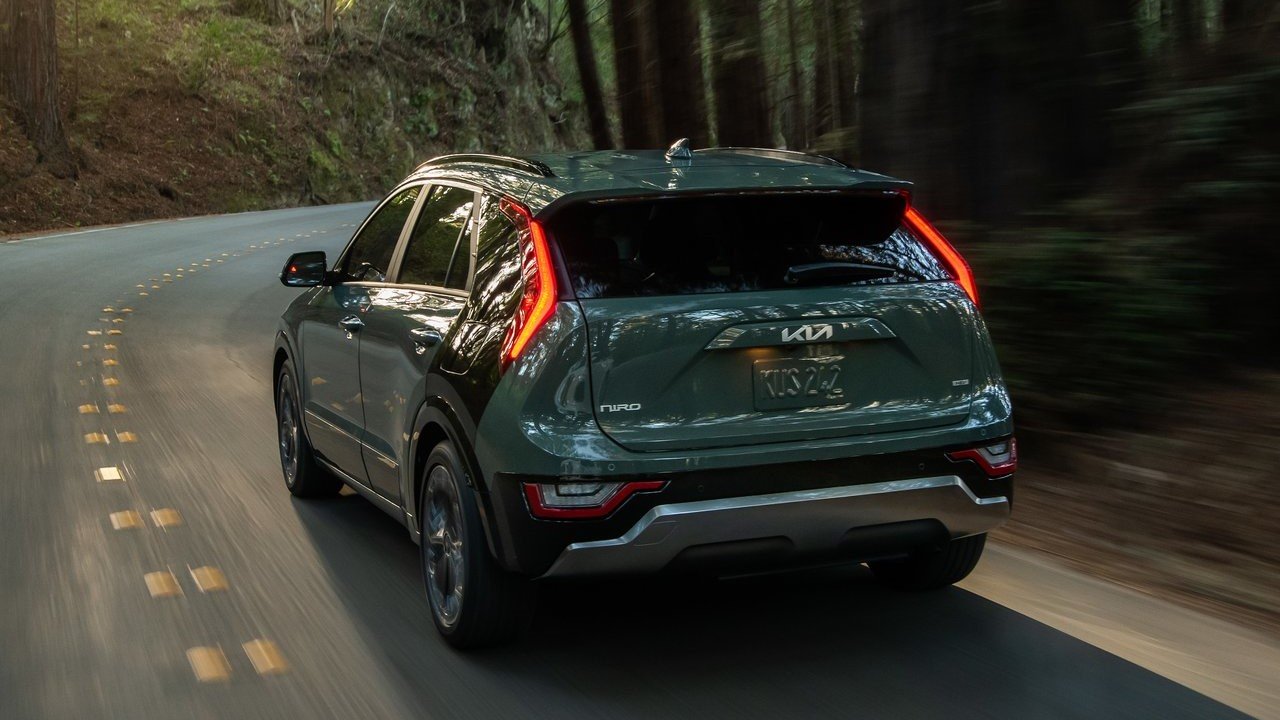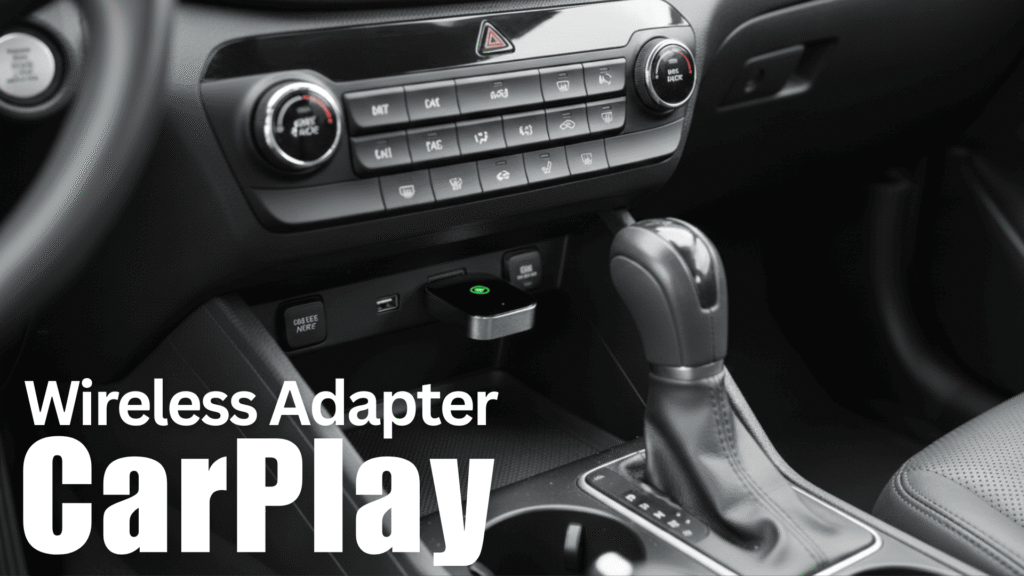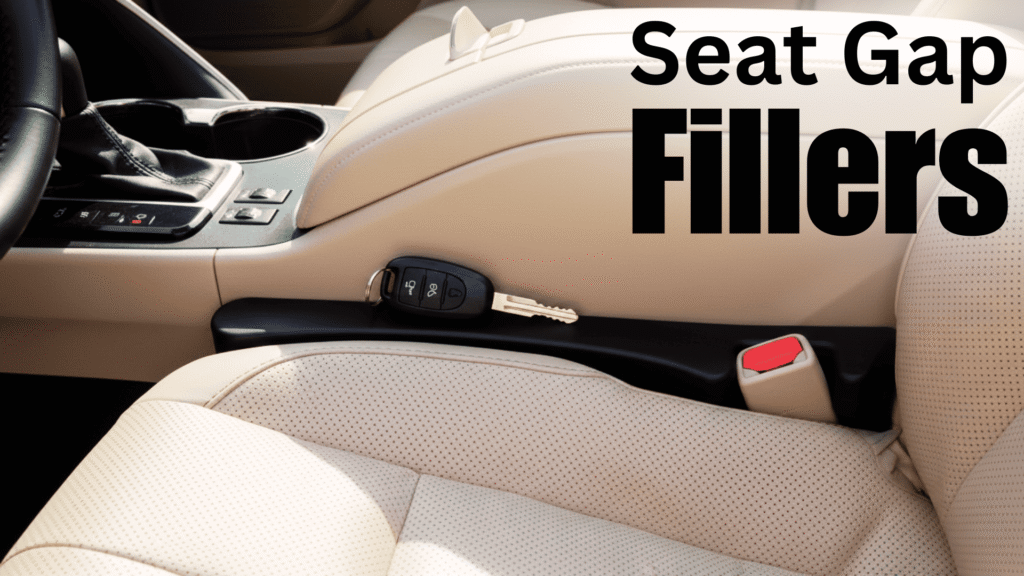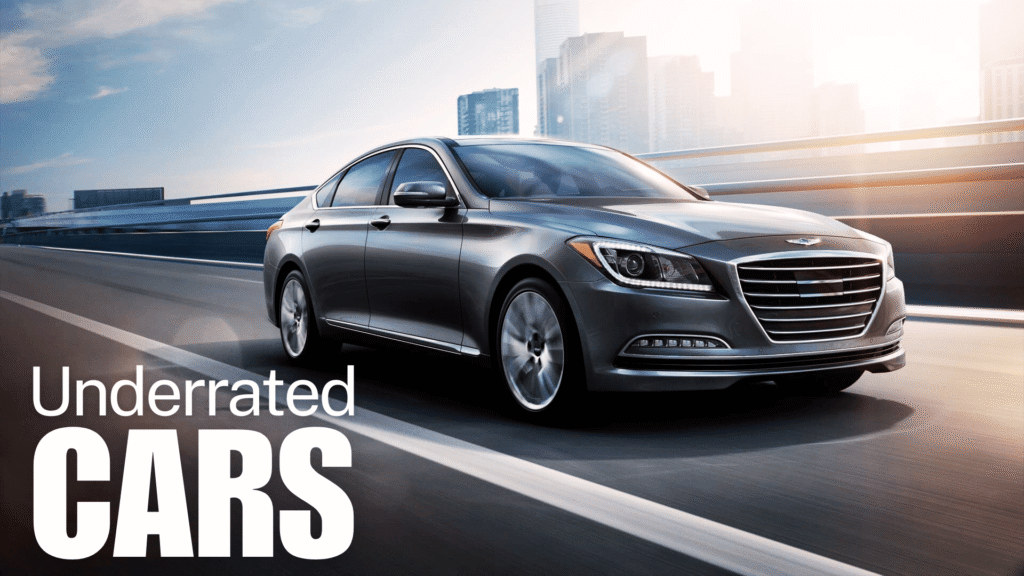SUVs are everywhere these days, they have become the default choice for more and more individuals in recent years. While they do have their advantages such as spaciousness, versatility, and ruggedness that many consumers find appealing.
However, one major concern for SUV owners is gas mileage. SUVs are notorious for their lower fuel efficiency compared to smaller cars, and this can be a significant factor to consider when purchasing an SUV.
Gas mileage is important for several reasons. Firstly, it affects the cost of owning and operating an SUV. With rising fuel prices, a vehicle that guzzles gas can quickly become a financial burden. Secondly, high gas mileage has a negative environmental impact. Vehicles that consume more fuel emit more greenhouse gases, contributing to climate change.
Lastly, gas mileage affects the range of an SUV. A vehicle with poor fuel efficiency will require more frequent refueling, limiting its ability to travel long distances without stopping.
Key Takeaways
- SUVs are popular but often have lower gas mileage than smaller vehicles
- Gas mileage ratings for SUVs are determined by standardized tests
- Factors that affect SUV gas mileage include weight, engine size, and driving habits
- Some SUVs, such as the Toyota RAV4 Hybrid, have excellent gas mileage
- Other SUVs, such as the Lamborghini Urus, have very poor gas mileage
- Hybrid and electric SUVs can be more fuel-efficient, but may have higher upfront costs
- Tips for improving SUV gas mileage include maintaining proper tire pressure and avoiding aggressive driving
- Balancing performance and fuel efficiency can be a challenge for SUV manufacturers
- Future trends in SUV gas mileage may include more hybrid and electric options
- Choosing the right SUV for your needs and budget requires considering factors such as gas mileage, size, and features.
Understanding Gas Mileage Ratings for SUVs
The official gas mileage ratings for SUVs are determined by the Environmental Protection Agency (EPA) through standardized testing procedures. These ratings are expressed in miles per gallon (MPG), however, it’s important to note that these ratings are based on laboratory tests and may not reflect real-world driving conditions.
The EPA provides two types of MPG ratings: city and highway. The city MPG rating represents the fuel efficiency during stop-and-go driving in urban areas, while the highway MPG rating represents fuel efficiency during steady-state cruising on highways.
One thing to note here, while the city rating is typically lower than the highway rating because urban driving involves more frequent stops and starts, which require more energy. In hybrid cars, it quite the opposite, the reason is hybrid cars utilize those same frequent stopping instances to generate electric charge and send it back to the battery.
What Factors Affect SUV Gas Mileage?
Several factors can influence the gas mileage of an SUV. Understanding these factors such as:
- The weight and size of an SUV. Generally, larger and heavier SUVs require more energy to move, and generate more aerodynamic drag.
- The engine size and type. Smaller engines tend to be more fuel-efficient and require less energy to operate. Additionally, technologies such as turbocharging and direct injection, can improve fuel efficiency by optimizing combustion.
- The type of transmission. Automatic transmissions are still slightly less efficient than manual transmissions. However, some modern automatic transmission narrowed this gap in recent years.
- Driving habits. Aggressive driving, such as rapid acceleration and hard braking, can significantly reduce fuel efficiency of your vehicle.
- Traffic conditions can also influence gas mileage. Driving in heavy traffic or on hilly terrain can increase fuel consumption due to frequent stops and starts or increased load on the engine.
- Weather conditions. Driving on snow or mud requires to put the transmission on lower gears, which results in the engine revving harder to move the vehicle.
- Vehicle maintenance. Neglecting regular maintenance can lead into multiple issues such as clogged fuel injectors or dirty oxygen sensor which can alter the air fuel ration and cause higher fuel consumption.
Top SUVs with the Best Gas Mileage

| Vehicle | Combined | City | Highway | |
| 1 | 2024 Kia Niro Hybrid | 49 mpg | 53 mpg | 45 mpg |
| 2 | 2024 Lexus UX | 42 mpg | 43 mpg | 41 mpg |
| 3 | 2024 Toyota Venza | 39 mpg | 40 mpg | 37 mpg |
| 4 | 2024 Kia Sportage Hybrid | 38 mpg | 38 mpg | 38 mpg |
| 5 | 2024 Honda CR-V Hybrid | 37 mpg | 40 mpg | 34 mpg |
| 6 | 2024 Toyota RAV4 Hybrid | 37 mpg | 38 mpg | 35 mpg |
While SUVs are generally not known for their fuel efficiency, hybrids and plug-in hybrids are changing the scene rapidly. While it was the Germans who came up with hybrid concept for the first time, the Japanese where the ones who perfected the technology and dominated the sales since the late 90’s of last century.
However, it seems that the Koreans are moving forward in a greater pace and might beat the Japanese at their own game.
Top SUVs with the Worst Gas Mileage

| Vehicle | Combined | City | Highway | |
| 1 | 2024 Ferrari Purosangue | 13 mpg | 12 mpg | 16 mpg |
| 2 | 2024 Mercedes-Benz G550 | 14 mpg | 13 mpg | 16 mpg |
| 3 | 2025 Rolls-Royce Cullinan | 14 mpg | 12 mpg | 20 mpg |
| 4 | 2024 Lamborghini Urus | 16 mpg | 14 mpg | 19 mpg |
| 5 | 2024 Chevrolet Suburban | 16 mpg | 14 mpg | 19 mpg |
| 6 | 2024 Ford Expedition | 18 mpg | 16 mpg | 22 mpg |
On the other end of the spectrum, these SUVs have very low gas mileage ratings. of course most of the SUVs are either luxurios or sporty which makes sense:
As for the Mercedes-Benz G-Class, for the 2025 year it has been updated with a slightly better EPA-estimated with city MPG rating of 15 instead of 14 and a highway MPG rating of 14 instead of 13 and a combined 17 instead of 16, which is still very bad!
Hybrid and Electric SUVs: Are They More Fuel-Efficient?

Hybrid and electric SUVs offer an alternative to traditional gasoline-powered models, with the promise of improved fuel efficiency. Hybrid SUVs combine a gasoline engine with an electric motor, while electric SUVs rely solely on electric power. Here’s a comparison of the different types of SUVs:
Gasoline SUVs: Traditional gasoline-powered SUVs have the lowest upfront cost compared to hybrids and electric vehicles. However, they generally have lower gas mileage ratings and higher fuel costs in the long run.
Hybrid SUVs: Hybrid SUVs offer better fuel efficiency than their gasoline counterparts. They use regenerative braking and electric power assist to improve gas mileage. While hybrid SUVs have a higher upfront cost, they can save money on fuel over time.
Electric SUVs: Electric SUVs are the most fuel-efficient option, as they produce zero tailpipe emissions and rely solely on electricity for power. However, they have limited range and require access to charging infrastructure. Electric SUVs also have a higher upfront cost compared to gasoline and hybrid models.
Tips for Improving SUV Gas Mileage
While the gas mileage of an SUV is largely determined by its design and technology, there are steps that owners can take to improve fuel efficiency:
1. Proper maintenance and upkeep: Regular maintenance, such as oil changes, tire rotations, and air filter replacements, can help keep an SUV running efficiently. Keeping tires properly inflated and aligned can also improve gas mileage.
2. Driving techniques to improve fuel efficiency: Avoiding aggressive driving habits, such as rapid acceleration and hard braking, can help conserve fuel. Maintaining a steady speed on highways and using cruise control when appropriate can also improve gas mileage.
3. Modifications and upgrades to improve gas mileage: Some aftermarket modifications, such as installing a more efficient air intake or upgrading to low-rolling-resistance tires, can improve gas mileage. However, it’s important to research these modifications and consult with a professional to ensure they are compatible with the vehicle.
Balancing Performance and Fuel Efficiency in SUVs
When choosing an SUV, it’s important to find a balance between performance and fuel efficiency. Some SUVs prioritize power and towing capacity over fuel economy, while others prioritize fuel efficiency at the expense of performance. Consider your driving needs and habits to determine which factors are most important to you.
If you frequently tow heavy loads or require off-road capability, a larger SUV with a powerful engine may be more suitable. However, if you primarily use your SUV for commuting and everyday driving, a smaller, more fuel-efficient model may be a better choice.
It’s also worth considering alternative powertrain options, such as hybrid or electric SUVs, if fuel efficiency is a top priority. These vehicles offer improved gas mileage and reduced emissions without sacrificing performance.
The Future of SUV Gas Mileage: Trends and Predictions
As concerns about climate change and rising fuel prices continue to grow, automakers are investing in technologies to improve the gas mileage of SUVs. Some trends and predictions for the future of SUV gas mileage include:
1. Increased electrification: More automakers are introducing hybrid and electric SUVs to their lineup. As battery technology improves and charging infrastructure expands, electric SUVs are expected to become more popular.
2. Lightweight materials: Automakers are exploring the use of lightweight materials, such as aluminum and carbon fiber, to reduce the weight of SUVs. Lighter vehicles require less energy to move, resulting in improved gas mileage.
3. Advanced engine technologies: Engine technologies such as turbocharging, direct injection, and cylinder deactivation are becoming more common in SUVs. These technologies optimize combustion and improve fuel efficiency without sacrificing performance.
Choosing the Right SUV for Your Needs and Budget
When choosing an SUV, it’s important to consider gas mileage as a key factor. While SUVs are generally less fuel-efficient than smaller cars, there are models available that offer better gas mileage. Hybrid and electric SUVs provide even greater fuel efficiency, but they may come with a higher upfront cost.
By understanding the factors that affect gas mileage, considering your driving needs and habits, and exploring alternative powertrain options, you can find an SUV that meets your needs and budget. Proper maintenance and driving techniques can also help improve fuel efficiency and reduce your environmental impact. Ultimately, choosing the right SUV requires a balance between performance, fuel efficiency, and personal preferences.
If you’re looking to read up on the best crossovers that get great gas mileage check out these two articles “Best Crossovers With Best MPG: Top Picks for 2025” and “Midsize SUVs With Best MPG: Fuel-Efficient & Hybrid Expert Picks“. They’re full of awesome info. You can also check out our site for expert car reviews handy buying guides and the latest industry news. There’s a ton to explore so have a look and remember to save our homepage for updates in the future!
FAQs
How can I improve the gas mileage of my SUV?
You can improve the gas mileage of your SUV by maintaining proper tire pressure, avoiding aggressive driving, reducing excess weight in the vehicle, and keeping up with regular maintenance such as oil changes and air filter replacements.
What is the significance of tire pressure on a vehicle’s fuel economy?
Tire pressure plays a significant role in a vehicle’s fuel economy. Under-inflated tires can increase rolling resistance, which means the engine has to work harder to move the vehicle, leading to higher fuel consumption. Maintaining the recommended tire pressure for your vehicle can improve your miles per gallon (mpg) performance, leading to better fuel economy and saving you money on gas over time.
How do driving habits impact fuel economy?
Driving habits significantly impact fuel economy. Practices such as aggressive acceleration, excessive braking, and idling can lead to higher fuel consumption. Adopting smoother driving techniques, such as gradual acceleration, anticipating stops to minimize braking, and avoiding excessive idling, can improve a vehicle’s fuel economy. Following the speed limit and using cruise control on highways can also contribute to achieving better mpg ratings.
How does the type of fuel used affect a vehicle’s fuel economy?
The type of fuel used can significantly affect a vehicle’s fuel economy. Vehicles running on diesel, for example, often have higher fuel economy ratings compared to those using gasoline because diesel has a higher energy content per gallon. Electric vehicles (EVs), measured in miles per gallon equivalent (MPGe), show even more impressive fuel economy figures due to the efficiency of electric motors compared to traditional internal combustion engines.
Why is van and truck idling considered harmful for fuel economy?
Van and truck idling is considered harmful for fuel economy because when a vehicle is idling, it gets 0 miles per gallon while still consuming fuel. Prolonged idling can waste a significant amount of fuel, and for commercial vehicles like vans and trucks that often idle during deliveries or work operations, this can lead to unnecessarily high fuel costs and increased emissions. Reducing idle time is an effective way to improve a vehicle’s overall fuel economy.
Can altering a vehicle’s design improve fuel economy?
Yes, altering a vehicle’s design can significantly improve fuel economy. Aerodynamic enhancements, such as reducing drag with sleeker body designs, along with lightweight materials for construction, can decrease the amount of fuel used. Automakers are utilizing these strategies, alongside improvements to engine efficiency and the incorporation of hybrid and electric powertrains, to meet regulatory requirements and consumer demands for vehicles with better fuel economy ratings.
- Best Car Interior Cleaning Kits: Make Your Cabin Look New
- Which XV70 Camry Year Should You Buy? A Tested Guide
- Magnetic Phone Mounts & Mounts for Thick Cases: That Actually Work!
- Best Wireless CarPlay Adapters for Older Cars
- Best Seat Gap Fillers for Leather Seats
- The Most Underrated Cars — Hidden Gems You Should Actually Consider
*Disclaimer: This website provides automotive content for informational purposes only and should not be considered professional advice. While we strive for accuracy, we do not guarantee the reliability or suitability of any vehicle or product mentioned—always conduct your own research before making purchasing decisions. Additionally, some links on this site are affiliate links, meaning we may earn a commission if you make a purchase, at no extra cost to you.







